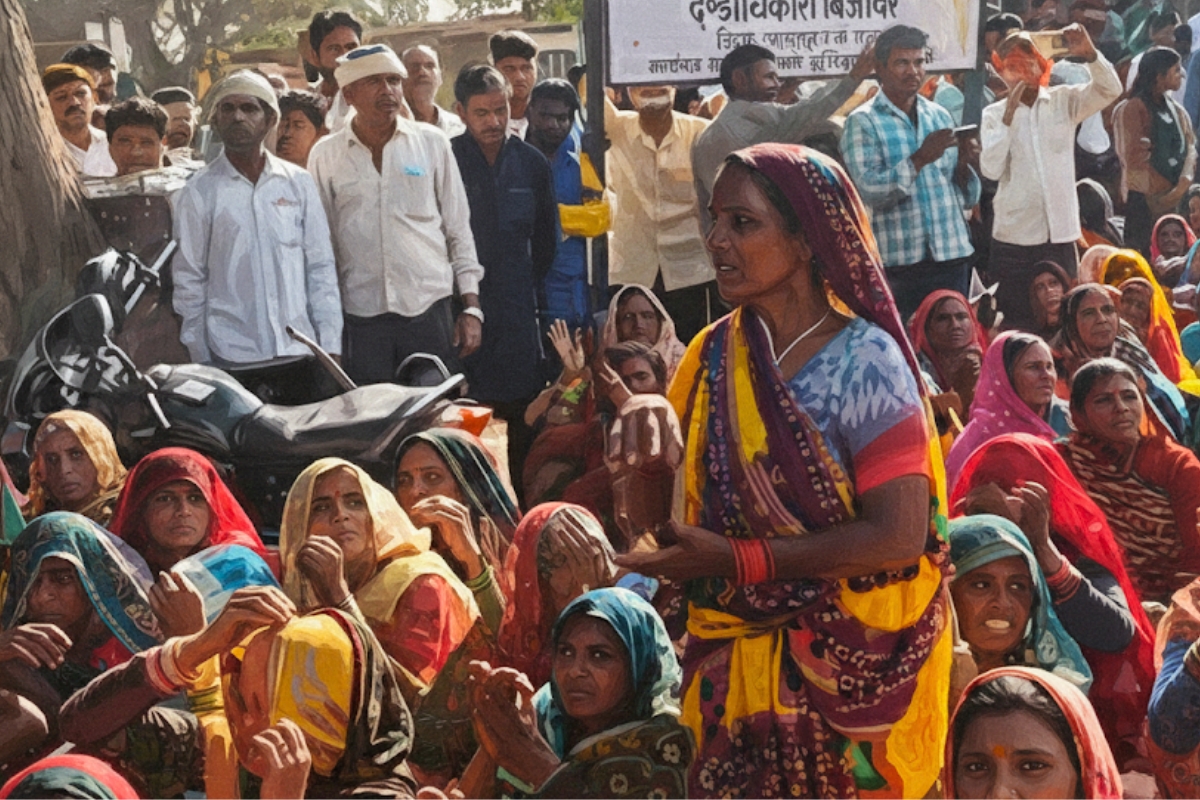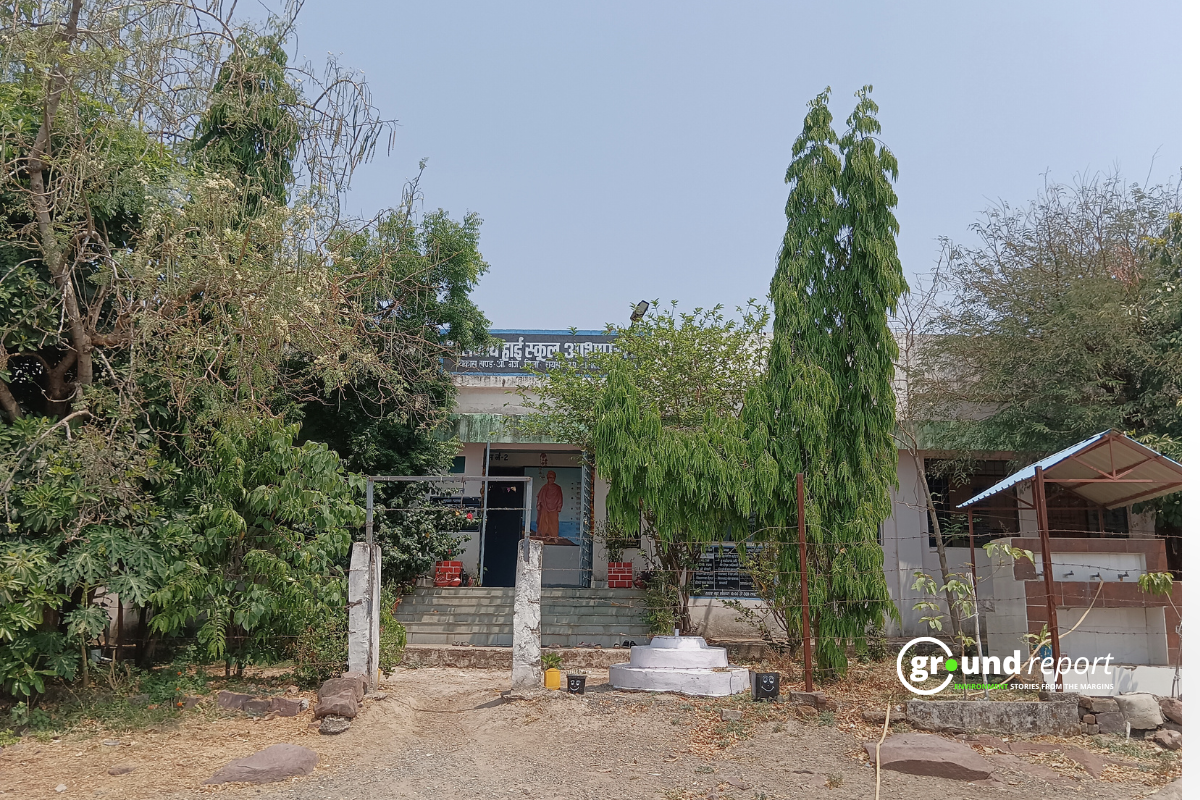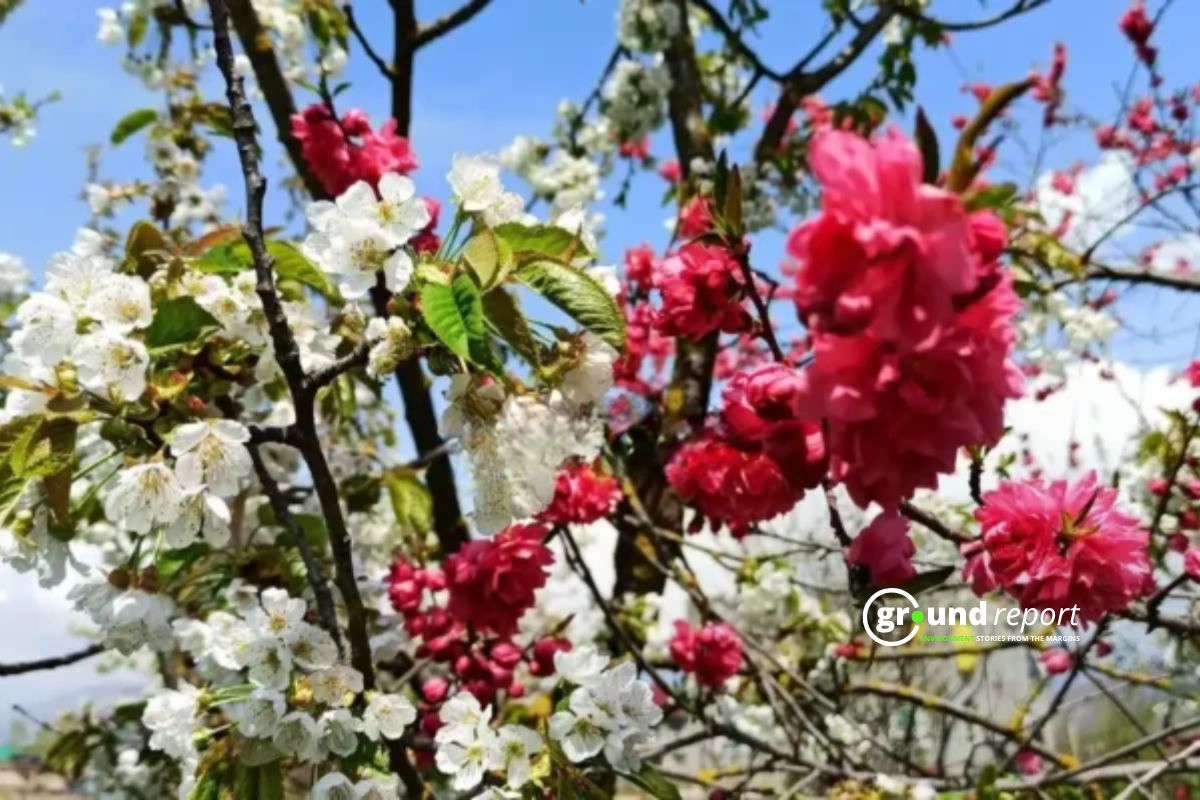In Sehore district, the 7-kilometre Sewan river poses a significant challenge for farmers during monsoon season. Two kilometres flow through urban areas, while the remaining stretch cuts through farmland, causing severe soil erosion along its banks.
“Every year after the rains, I have to work extra hard to repair the ditches created by erosion in my fields,” says Lokendra Mewada, a farmer from Sewaniya village whose 200-300 meters of farmland suffers from erosion despite his efforts to build protective stone boundaries.
Suraj, a Gandhi Fellow from the Piramal Foundation, proposed an innovative solution: planting bamboo along the riverbanks. “Bamboo is the most appropriate option for farmers considering Madhya Pradesh’s climate,” explains Omprakash Madguni, Associate Professor at the Indian Forest Management Institute, Bhopal.
“It not only prevents soil erosion but also benefits the microclimate and stores significant amounts of carbon dioxide, contributing to climate change mitigation.”
However, the initiative faces resistance. While some farmers have embraced the idea, many worry about bamboo affecting their crop yields. Professor Madguni counters this concern: “With proper management and timely pruning, bamboo won’t impact crop production.”
In Sewaniya village, Suraj has already begun planting indigenous bamboo varieties with less dense canopies. “In the long run, farmers will definitely benefit from this plantation,” he asserts. Lokendra, reflecting on the past, adds,
“My grandfather used to plant bamboo on the riverbanks. I hope this traditional method will effectively address our annual erosion problem.”
This indigenous solution not only promises to protect farmland but also offers additional income through bamboo sales while contributing to environmental conservation.
Support us to keep independent environmental journalism alive in India.
Follow Ground Report on X, Instagram and Facebook for environmental and underreported stories from the margins. Give us feedback on our email id greport2018@gmail.com.
Don’t forget to Subscribe to our weekly newsletter, Join our community on WhatsApp, Follow our Youtube Channel for video stories.
More Videos
Sexed Semen: Madhya Pradesh determining calf’s gender
Fertilizer shortage disrupts rabi sowing for Madhya Pradesh farmers
Paddy farmers struggle with low basmati prices in Madhya Pradesh









